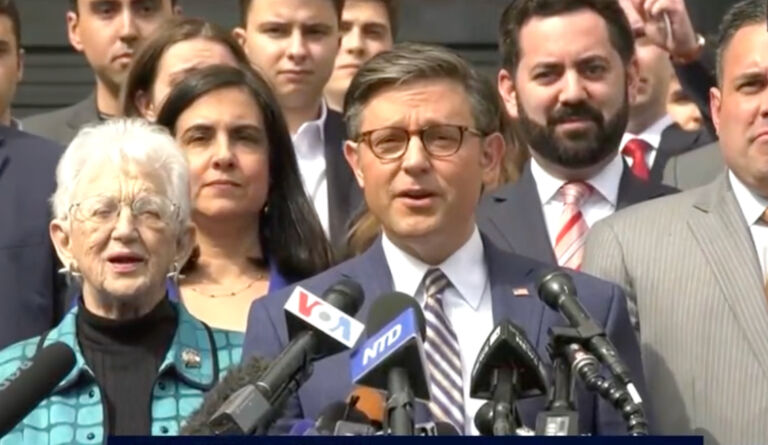The News and Observer Reports that:
The Orange-Chatham district attorney’s office is giving some drivers a second chance if they are caught without a license in the two counties.
The new policy responds to a state law that bars illegal and undocumented immigrants from getting a driver’s license. Advocates say many unlicensed immigrants risk driving to take their children to school, go to work or be involved in the community. …
The policy helps a limited number of drivers keep an otherwise clean criminal and driving record, said Orange-Chatham District Attorney Jim Woodall, who drafted the policy with help from law enforcement and immigrant advocates.
The change lets them get the charge dismissed if they provide an ID and pay to take a safe driving class, a civics and law enforcement education class, and an elective course, such as a primer on family or immigration law. …
“They’re good, responsible residents, they’re not in trouble, they’re working, but they’ve got this problem. They can’t get a driver’s license, there’s no way out of this for them,” Woodall said. “And we’re trying to get them some driver’s education, because virtually none of the people we’re talking about have ever been given any type of driver’s education.” …
Local law enforcement agencies support the new policy, officials said. A statement from the Orange County Sheriff’s Office noted that the policy does not prevent deputies from enforcing state law.
“I want to send a message to that community that you are a part of our community,” Woodall said. “You may be undocumented, but sometimes we need your help, sometimes you’re going to need our help, and I’m willing to try to do my part … to promote some goodwill and trust here.” …
The move comes as the federal government considers withholding law enforcement grants from departments that don’t cooperate with immigration enforcement. While conservative groups have called Chapel Hill, Carrboro and Durham “sanctuary cities” – locales that protect people who are in the country illegally – none have policies that violate state or federal law. …
Attorneys and others told him the people his office wants to help aren’t the focus of federal conversations, Woodall said.
“These are not criminals. These are average everyday citizens. They are not going to be deported through any policy that anybody’s talked about,” he said. “They’re going to be here for years and years. We have to work with them.”


